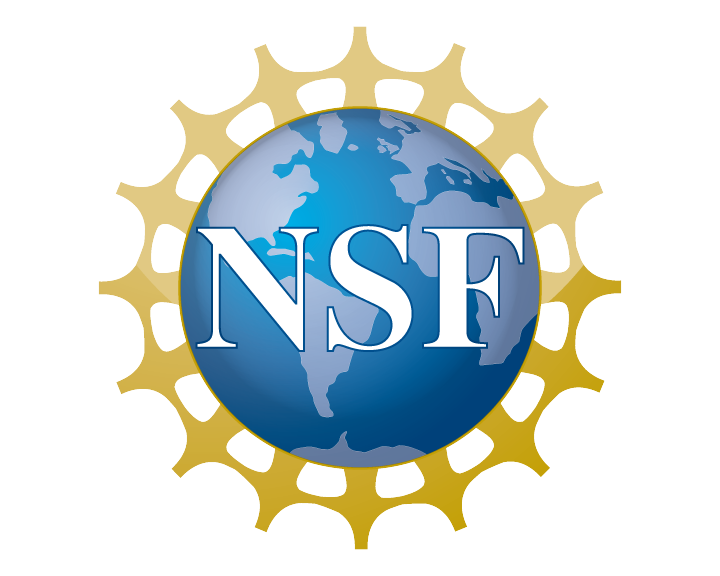Funding Opportunities for Research on Methodologies for STEM Education

The National Science Foundation (NSF)’s Directorate for Education and Human Resources (EHR) EHR Core Research Program has released a new letter detailing opportunities supporting psychological scientists and others who wish to study methodologies supporting inferences in STEM (science, technology, engineering, and math) education.
The program “invites proposals on the development, application, and extension of formal models and methodologies for STEM education research and evaluation, including methods for improving statistical modeling, qualitative modeling, measurement, replication, and learning analytics.” Research projects may address, among other things:
- Advances in research on evaluation in STEM education
- Advances in linguistic analysis applied to STEM education
- Development of models and methodologies to improve and build replication in STEM education research
- Advances in Bayesian or computational modeling of STEM education data
- Improving methods for data sharing for STEM education research
Interested scientists should examine the NSF ECR Core Research Program site for more information on how to submit a grant proposal. Full proposals are due September 13, 2018; however, researchers can submit for conference grants as well as the EAGER funding mechanism (designed to support exploratory work) throughout the year.
Learn about recent awards granted by the EHR Core Research Program by clicking here.





APS regularly opens certain online articles for discussion on our website. Effective February 2021, you must be a logged-in APS member to post comments. By posting a comment, you agree to our Community Guidelines and the display of your profile information, including your name and affiliation. Any opinions, findings, conclusions, or recommendations present in article comments are those of the writers and do not necessarily reflect the views of APS or the article’s author. For more information, please see our Community Guidelines.
Please login with your APS account to comment.